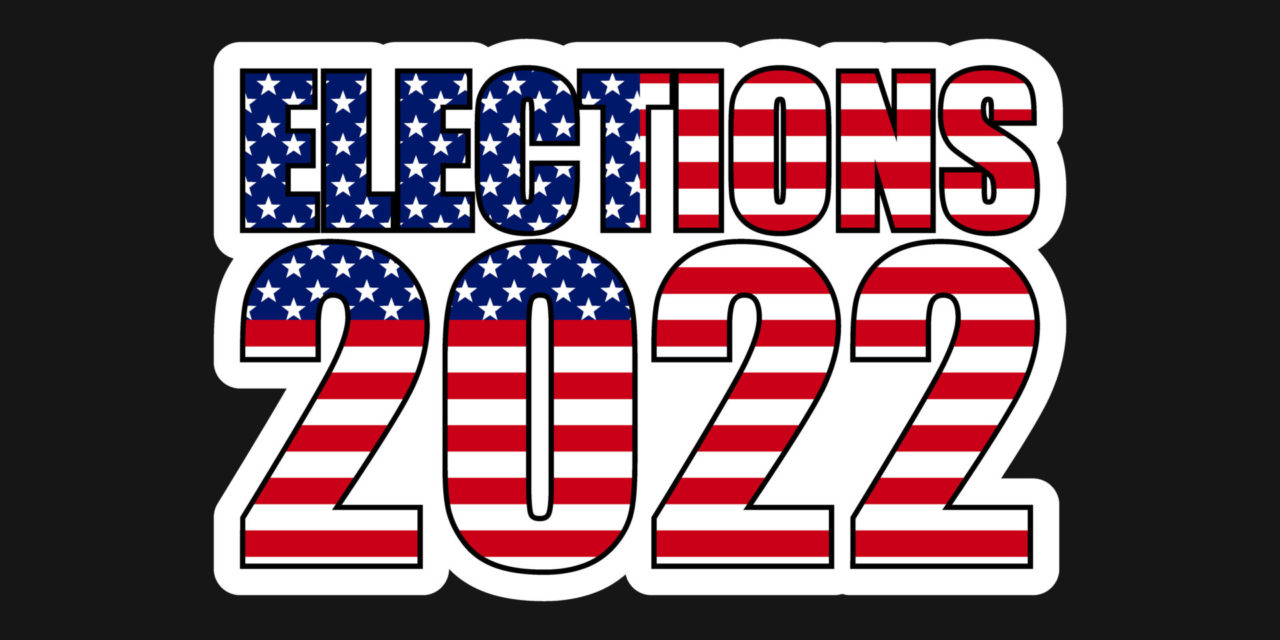The Tuesday, May 17 primary voting is almost over.
At 7:30 p.m., Tuesday, May 17, the polls will close for one of the oddest primary elections on record.
Early voting opened on Thursday, April 28 and closed Saturday, May 14, and over 27,000 Guilford County voters took advantage of that opportunity to cast their ballots before Election Day, according to the Guilford County Board of Elections.
Democrats and Republicans both faced a long primary ballot and voters in Greensboro had the addition of the nonpartisan City Council primaries.
The City Council election, which was originally scheduled for the primary on Oct. 5 and the general election on Tuesday, Nov. 2, 2021, was delayed twice. The first delay was because the US Census data needed for redistricting was late, making redistricting before the fall 2021 election dates impossible. The terms of the current mayor and city councilmembers were extended and the primary set for March 8.
The North Carolina Supreme Court then delayed the primary because of legal challenges to the congressional and state legislative districts to Tuesday, May 17. The legal issues had nothing to do with the Greensboro City Council districts, but the primary and election for the municipal elections were delayed as well.
The result of all those delays is that the primary on May 17 is for two different general elections.
The Greensboro City Council general election will be held on Tuesday, July 26 and the general election for county, state and federal offices will be held on Tuesday, Nov. 8.
Having one primary for two general elections has added even more confusion to an already confusing election year. Some voters are under the impression that the general election for all offices will be held July 26, while others are convinced that the general election for the City Council will be held on Nov. 8.
For the Greensboro City Council election, having the primary at the same time as the statewide primary will increase voter turnout, and having the general election in the middle of July, according to political pundits, will result in lower voter turnout than the primary, which is the reverse of most City Council elections where voter turnout is higher for the general election than the primary.


I am dazed and confused, but I have no doubt about voting. By November, we will determine if we still want to live in Guilford County. Or, even the USA.
The LEFT is has just about divided us completely, and destroyed our Republic.
How can any Democrat stay with the party they have now? More than the yeller dogs?
Thanks to a bunch of halfwits we will probably get another term with a buffoon sheriff. People can be such idiots. The writing was on the wall but…….
My confusion is how could a group be stupid.
May as well say, The Rhino just helped put Bozo Rogers back in another 4 years by Endorsing the wrong wanna be. Good luck GC, you’re going to need it!